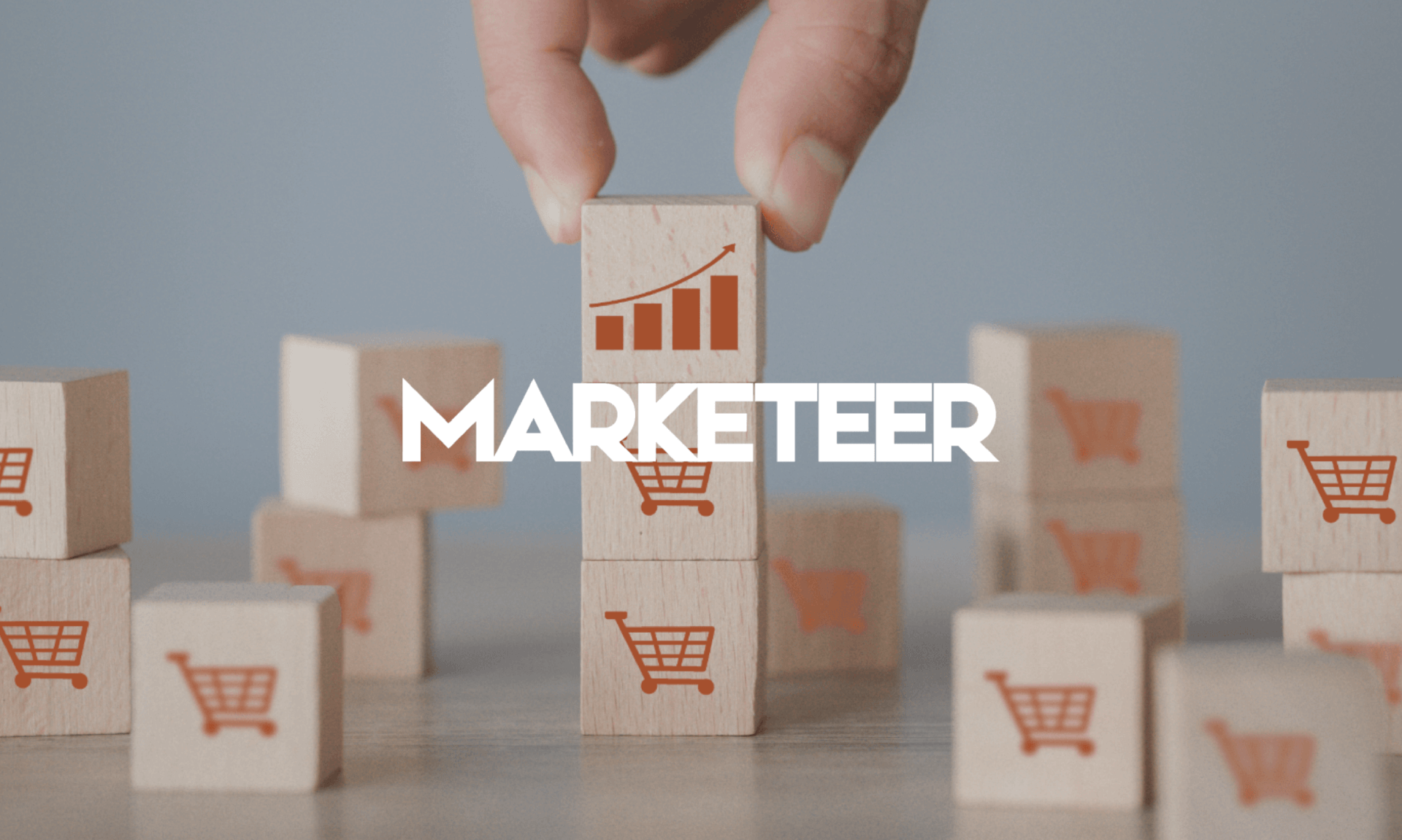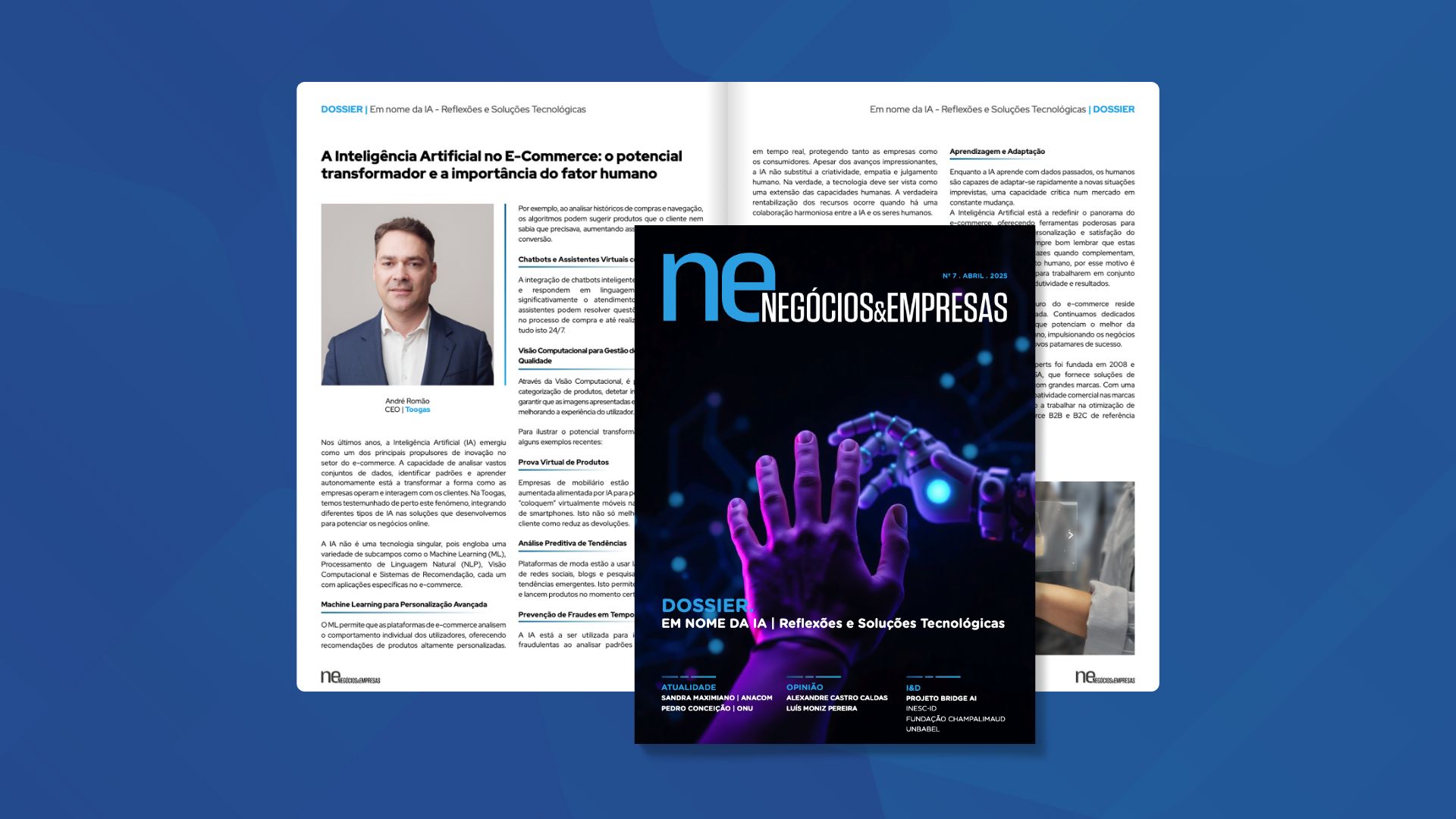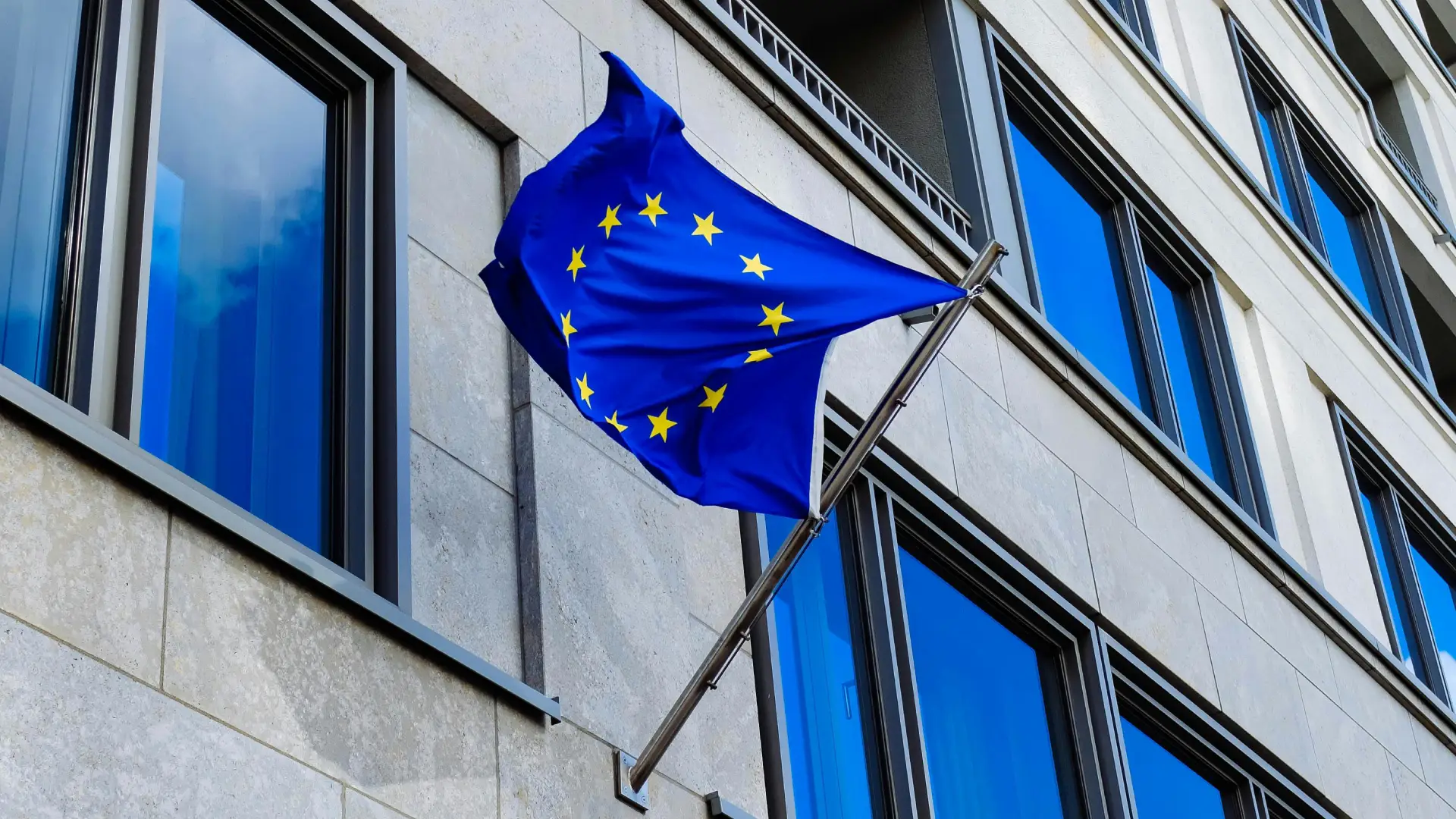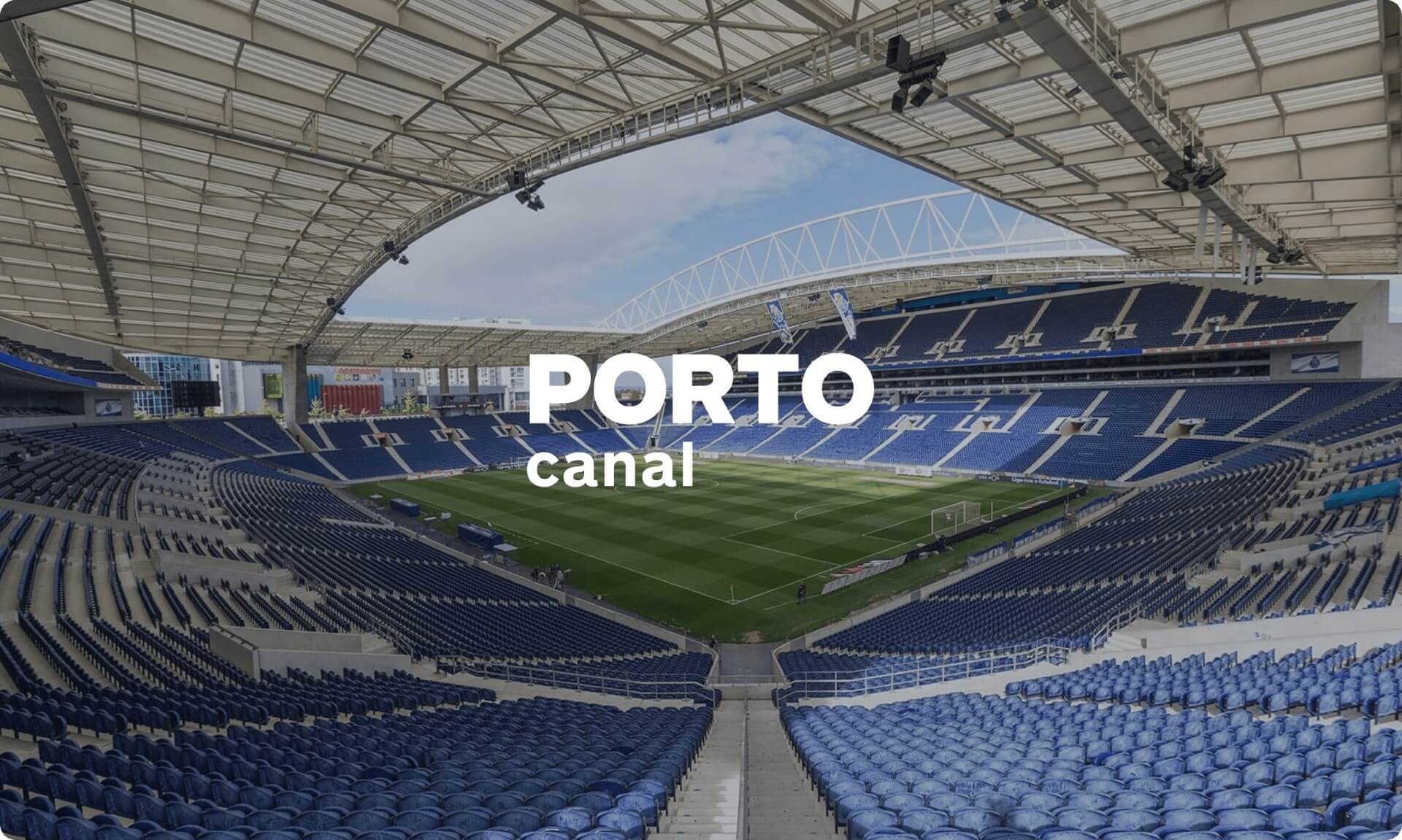Toogas-AIP Webinar «Automation and Operational Efficiency in Ecommerce»
Marketeer – Toogas – Adobe Magento Solution Partner: Leading in ecommerce

Have you noticed that the new generations no longer use the adjective “online” when referring to the stores where they shop? They simply mention the store’s name when referring to the digital shopping platform and only specify the location when referring to the physical store (e.g., mall store, street name).
Organizations adopting a digital-first approach are experiencing faster business growth than those resisting the digital-first revolution and insisting on optimizing their omnichannel strategy with the physical sales channel as the foundation for omnichannel commerce.
Omnichannel is the new normal and will continue to be so. Just as the mobile-first strategy emerged in the early 21st century, leveraging the many advantages of digital platforms available anytime and anywhere, the digital-first strategy is now the new omnichannel paradigm.
The reality of online shopping in 2020/2021 accelerated this trend. “The past year has tested the resilience of all brands and completely changed the paradigm of Portuguese commerce, which had traditionally focused on physical retail and resisted eCommerce. It became necessary to evolve quickly and react in real-time to social, political, and health conditions that changed almost daily. What used to take one or two years in planning and execution was accelerated to just months or even weeks. Never before has the term ‘digital transformation’ been as urgent and imperative for both brands and consumers. In the end, eCommerce emerged stronger, and consumers found a dedicated and adaptable ally in brands that kept up with them,” says Tiago Lobo do Vale, marketing director at Celeiro.pt.
The online and traditional will converge, and while we still see major ecommerce giants opening physical stores, the goal is to humanize experiences: a consumer needing to make a last-minute purchase searches for the product on their smartphone, starts the purchase online, and completes it in a nearby store. Edite Fonseca, marketing manager at Concentra, highlights that “Concentra has been developing several digital and ecommerce projects in recent years, allowing the company to prepare in advance for the new consumer behaviors of recent times, which have proven to be a real success.”
In countries with natural ties to Portugal, such as Angola, signs of a strong digital strategy and innovation are also emerging: “Mecofarma has maintained a position of continuous innovation in the Angolan market, always striving to meet customer needs and stay ahead of trends. In 2020, we launched an integrated ecommerce platform, pioneering in Angola in terms of the online experience, offering a simple, fast, and efficient solution for accessing health, beauty, and veterinary products,” says João Carlos Lopes, CEO of Mecofarma.
Choosing the right ecommerce platform
Adobe’s Magento ecommerce platform has consistently been recognized as a leader by Gartner, Inc.® in its “Magic Quadrant for Digital Commerce” report. In the latest report, it was ranked as the best among leaders in execution ability.
The Magento ecommerce platform “saw one of the largest increases in new customers compared to other solutions evaluated for this Magic Quadrant. The Magento ecommerce platform expanded its market share through its extensive network of accredited integration partners and its growing customer base transitioning to B2B and B2C digital commerce models,” states Gartner, Inc.® in its annual report, adding that “the Magento Commerce platform includes a native web content management (WCM) module (Page Builder) and provides additional solutions for order management, shipping, and analytics.”
Forrester Research, Inc., in its The Forrester Wave™ report on ecommerce platforms, also highlights Adobe, reinforcing that “Adobe leads with flexibility, supported by a strong global partner ecosystem. The Magento ecommerce platform has an above-average delivery ecosystem, which Adobe’s engineering team is leveraging to accelerate its development speed.” According to Forrester Research, the Magento platform “excels in its business usability tools and in supporting critical functions such as promotions and personalization.”
Portugal as an ecommerce hub
The strong global partner ecosystem of Adobe, highlighted in The Forrester Wave™, is present in Portugal in an exemplary manner. “Toogas is Adobe’s best-performing partner in Magento Commerce in Portugal, both from a commercial and implementation perspective. They design, develop, customize, and support medium and large-scale ecommerce platforms focused on B2C, B2B, or hybrid models,” says Roberto Ricci, partner sales commercial at Adobe. He adds that “Toogas has demonstrated a consistent commitment to delivering exceptional shopping and customer experiences that ultimately help our clients drive traffic, increase sales, and strengthen customer loyalty. The Adobe team values Toogas rigorous methodology, its continuous learning/improvement approach, and its commitment to Adobe’s values and vision.”
In approaching a new project, Toogas assembles a diverse team of professional consultants, user experience designers, and certified developers who support the client in developing a solution tailored to their business requirements. Supported by agile methodologies, this reduces implementation time and increases the quality of the solutions delivered.
Sofia Duarte, business manager at Hussel, shares that “in a highly challenging context and within a very short time, Hussel created an online store with a strategy entirely focused on the consumer. For this project, we relied on the support of Toogas. In these six months since launching the online store, it has been fascinating to observe the business development and evolve in an area that has become increasingly important during the pandemic.”
To allow businesses to focus on their operations, Toogas offers an evolutionary and preventive support service for the Magento ecommerce platform, ensuring availability and keeping up with digital trends. As Liliana Moreira, marketing manager at iStore, emphasizes, “iStore is an Apple Premium Reseller that develops its business through physical stores fully integrated with the digital store, where growth has been significant, providing a unique omnichannel experience. We rely on the Toogas team, who, as Magento specialists, ensure evolutionary support, helping iStore go even further.”
Dynamic interpretation
Consumers seek the same shopping experiences in the online and physical stores, even when physical stores are focused on different geographic areas, as seen with Claus Porto’s eCommerce platform optimized for Europe and the United States. “The new Claus Porto website was created based on the experience gained from developing the concepts and customer experience in our unique stores. This new online store project is a dynamic and contemporary interpretation of the digital world, where the goal is not only to be innovative and follow digital market trends but to ensure that changes truly enhance the customer experience at different levels, making it as close as possible to the reality experienced in a physical store,” explains Francisco Neto, CEO of Ach. Brito.
Focusing on omnichannel
Omnichannel means focusing the shopping experience on the customer, regardless of whether the sales channel is physical or online, as explained by Carolina Afonso, marketing & digital director at Gato Preto: “Gato Preto’s marketing strategy revolves around the challenges inherent to omnichannel. The omnichannel strategy consists of integrating online and offline channels within a consumer-centric approach. This focus is due to the fact that customers’ shopping behaviors are increasingly hybrid, and we aim to provide them with a unique and differentiated experience with the brand. To achieve this, we rely on Toogas support in the brand’s digital transformation, particularly in ecommerce.”




